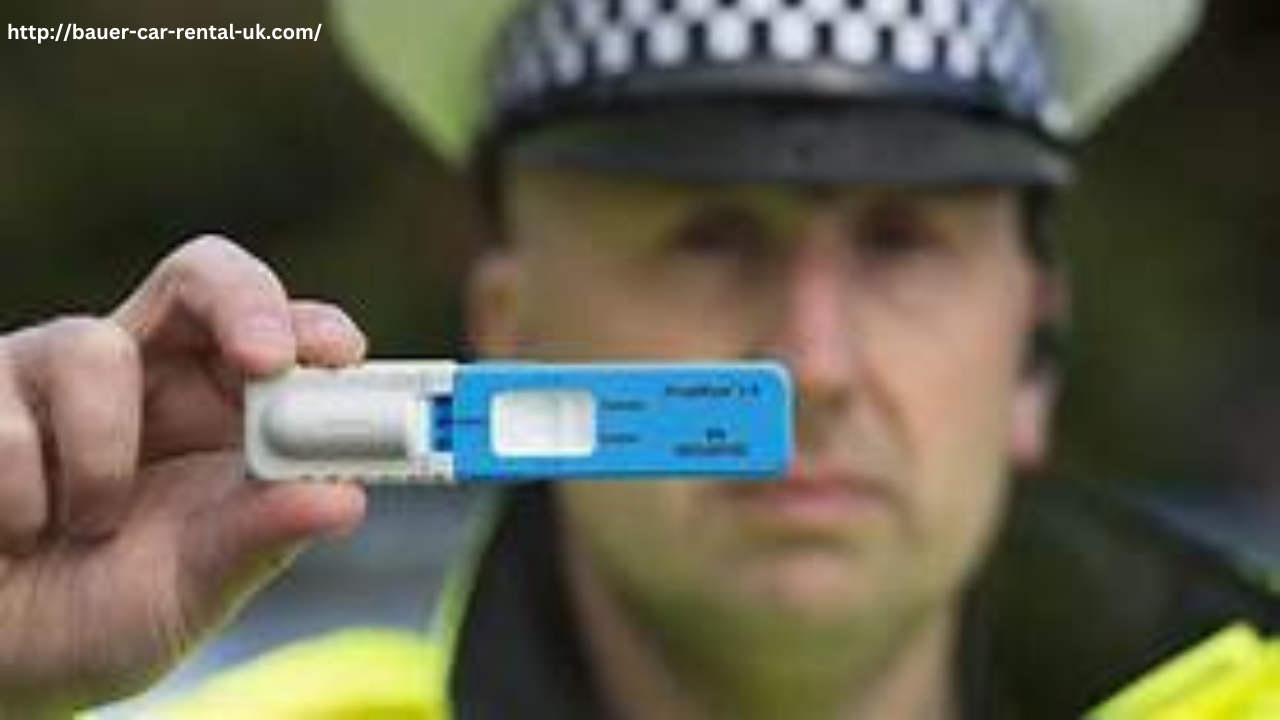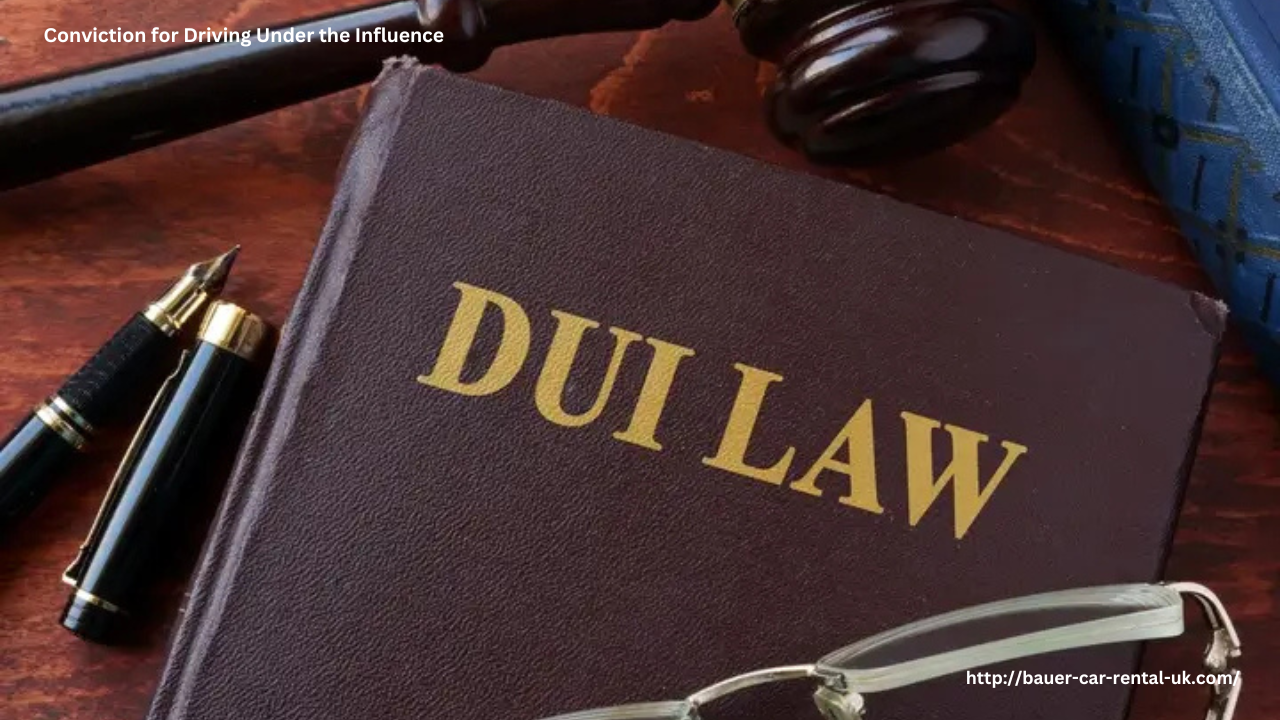Roadside testing plays a crucial role in tackling drink and drug driving in the UK. As part of law enforcement strategies, these tests help detect intoxicated drivers, prevent accidents, and enforce stricter road safety laws. With advancements in testing technology and stringent legal measures, roadside testing serves as a powerful deterrent against driving under the influence.
Types of Roadside Tests
Police officers in the UK use a combination of breath, saliva, and field impairment tests to determine whether a driver is under the influence of alcohol or drugs.
1. Breathalyzer Tests
- The most common roadside test for alcohol detection.
- Measures the amount of alcohol in a driver’s breath and determines if they exceed the legal limit.
- If the result is positive, the driver is taken to the police station for further testing.
2. Drug Swab Tests
- Used to detect substances such as cannabis and cocaine within minutes.
- A simple mouth swab is taken to identify the presence of drugs.
- Drivers testing positive are arrested and subjected to further blood analysis.
3. Field Impairment Tests (FIT)
- Conducted when drug or alcohol use is suspected, even if breath or swab tests are inconclusive.
- Includes coordination exercises like walking in a straight line or standing on one leg.
- Assesses physical and cognitive impairment caused by intoxication.
Legal Framework and Enforcement
The UK has strict laws governing drink and drug driving, making roadside testing an essential enforcement tool. Police officers can stop any driver they suspect of being under the influence, and refusal to take a test without a valid reason results in immediate arrest.
- Alcohol Limits: The legal limit is 35 micrograms of alcohol per 100 millilitres of breath.
- Drug Limits: Specific thresholds for substances like cannabis and cocaine have been set, with near-zero tolerance for illegal drugs.
- Penalties: Convicted offenders face a 12-month driving ban, unlimited fines, imprisonment, and criminal records.
Effectiveness of Roadside Testing
Roadside testing has proven to be an effective deterrent in reducing drink and drug driving incidents.
- Increased Detection: Regular testing catches offenders and removes them from the roads before they cause harm.
- Public Awareness: Visible roadside checks discourage drivers from taking the risk.
- Reduction in Fatalities: Statistics show a decrease in accidents involving intoxicated drivers where enforcement is strict.
Challenges and Future Improvements
Despite its effectiveness, roadside testing faces challenges such as:
- Evasion Tactics: Some drivers attempt to avoid detection by refusing tests or using masking substances.
- Limited Resources: Not all officers have immediate access to drug swab kits, limiting enforcement capabilities.
- Advancing Drug Use: New substances may not be immediately detectable, requiring continuous updates to testing technology.
Future improvements may include wider deployment of mobile testing units, enhanced training for officers, and better integration of data for tracking repeat offenders.
Conclusion
Roadside testing is a vital tool in curbing drink and drug driving in the UK. By enabling quick detection and strict enforcement, it serves as both a deterrent and a preventive measure. Continued advancements in testing technology, alongside stringent laws, will further enhance road safety and reduce the number of intoxicated drivers on UK roads.

